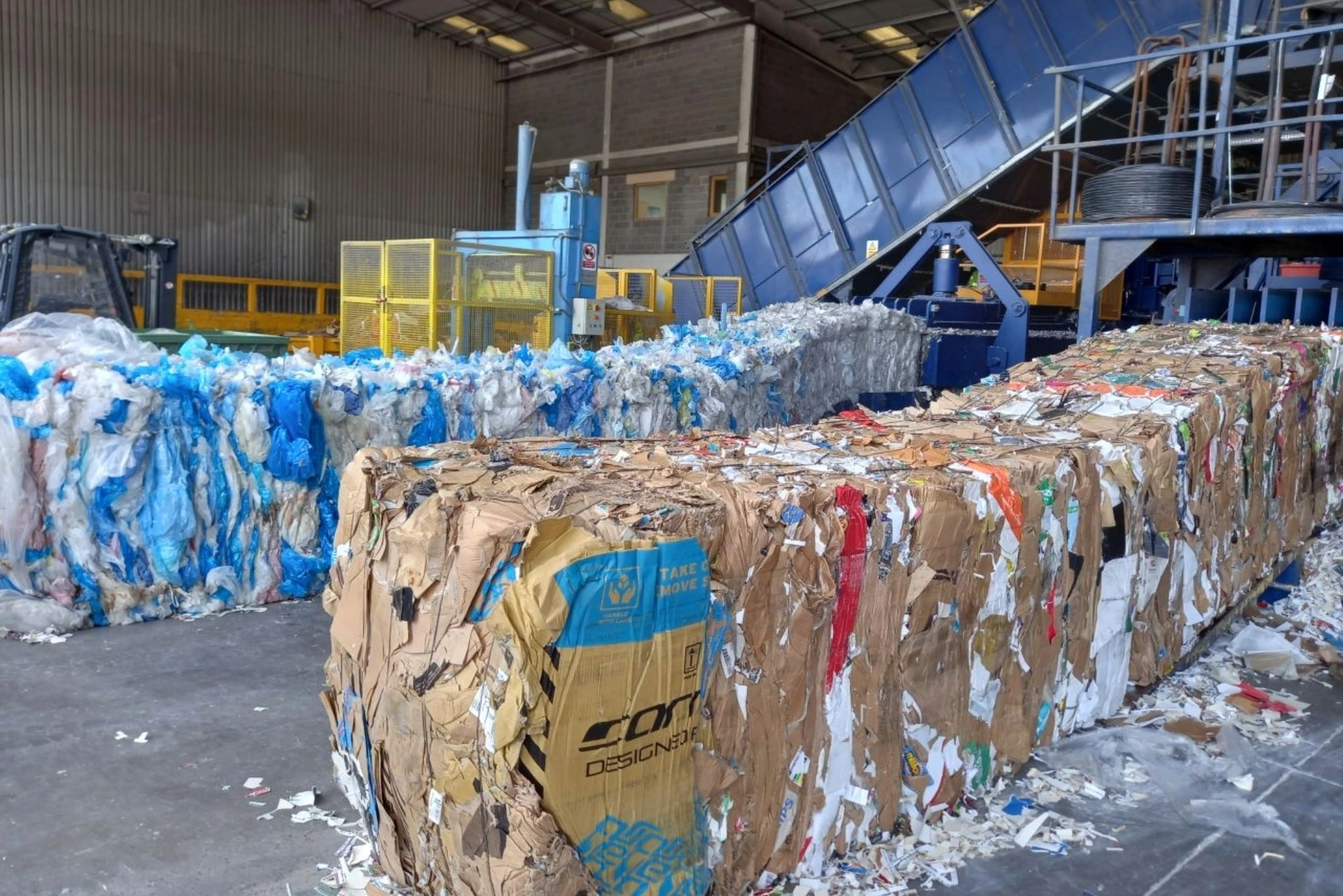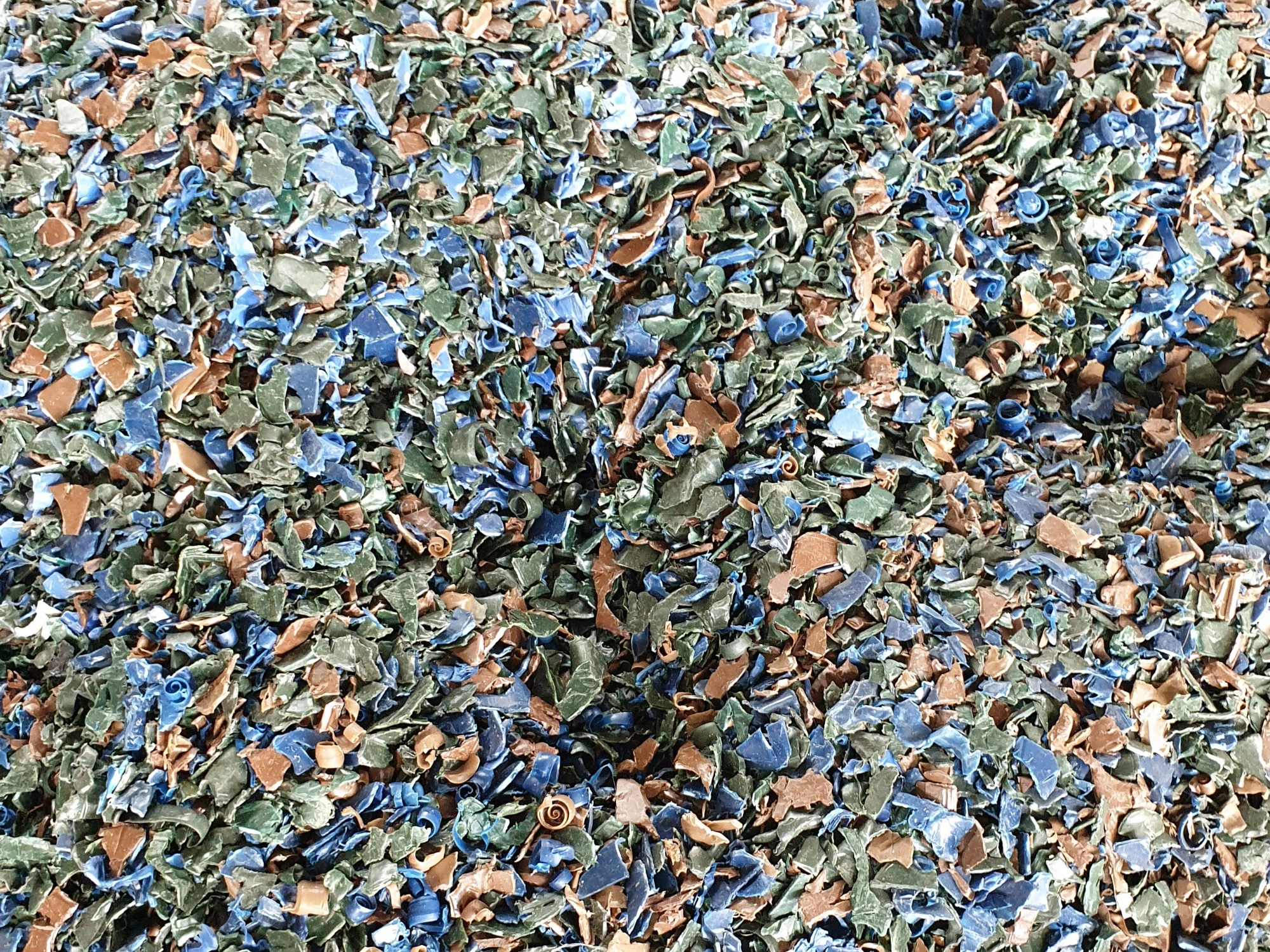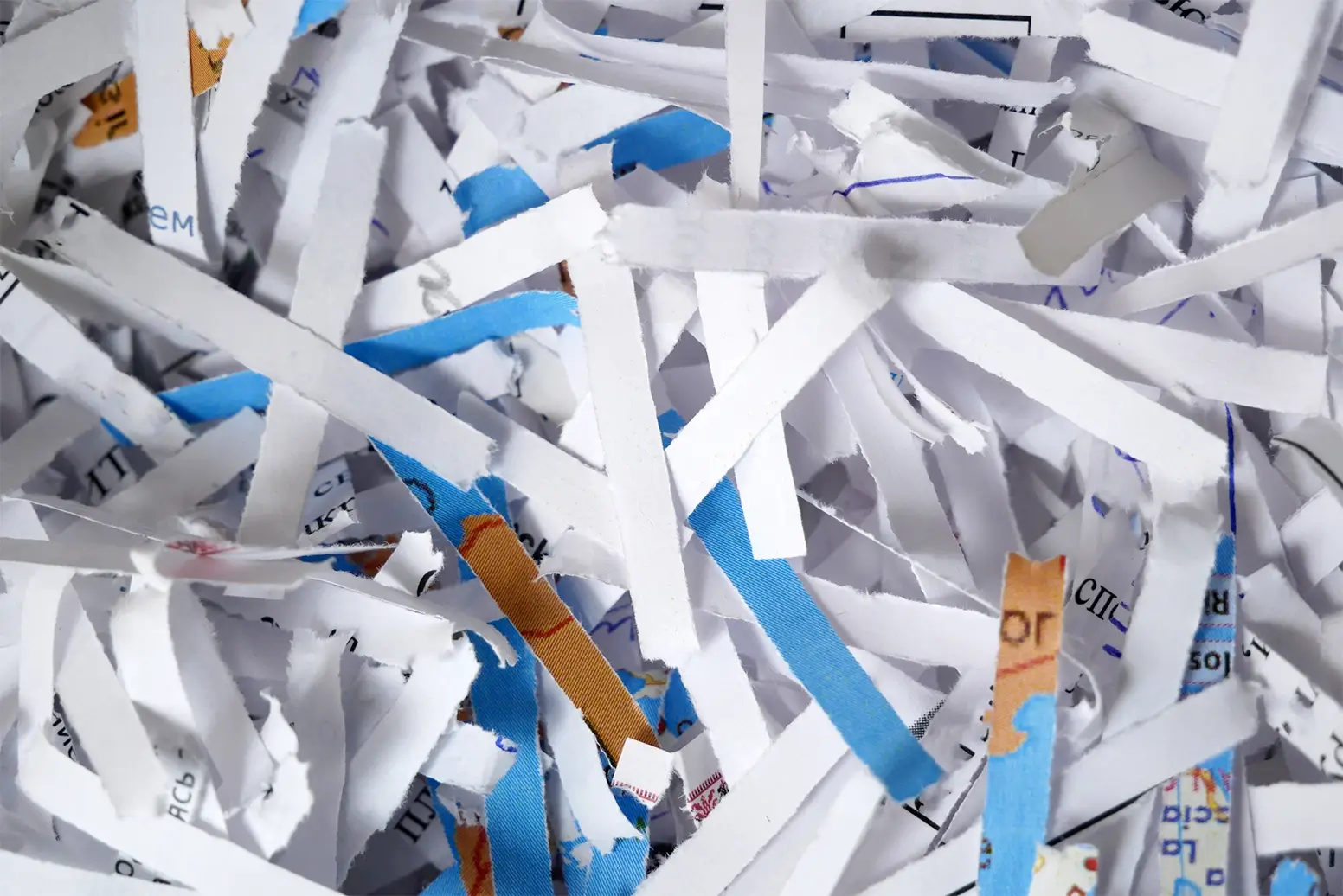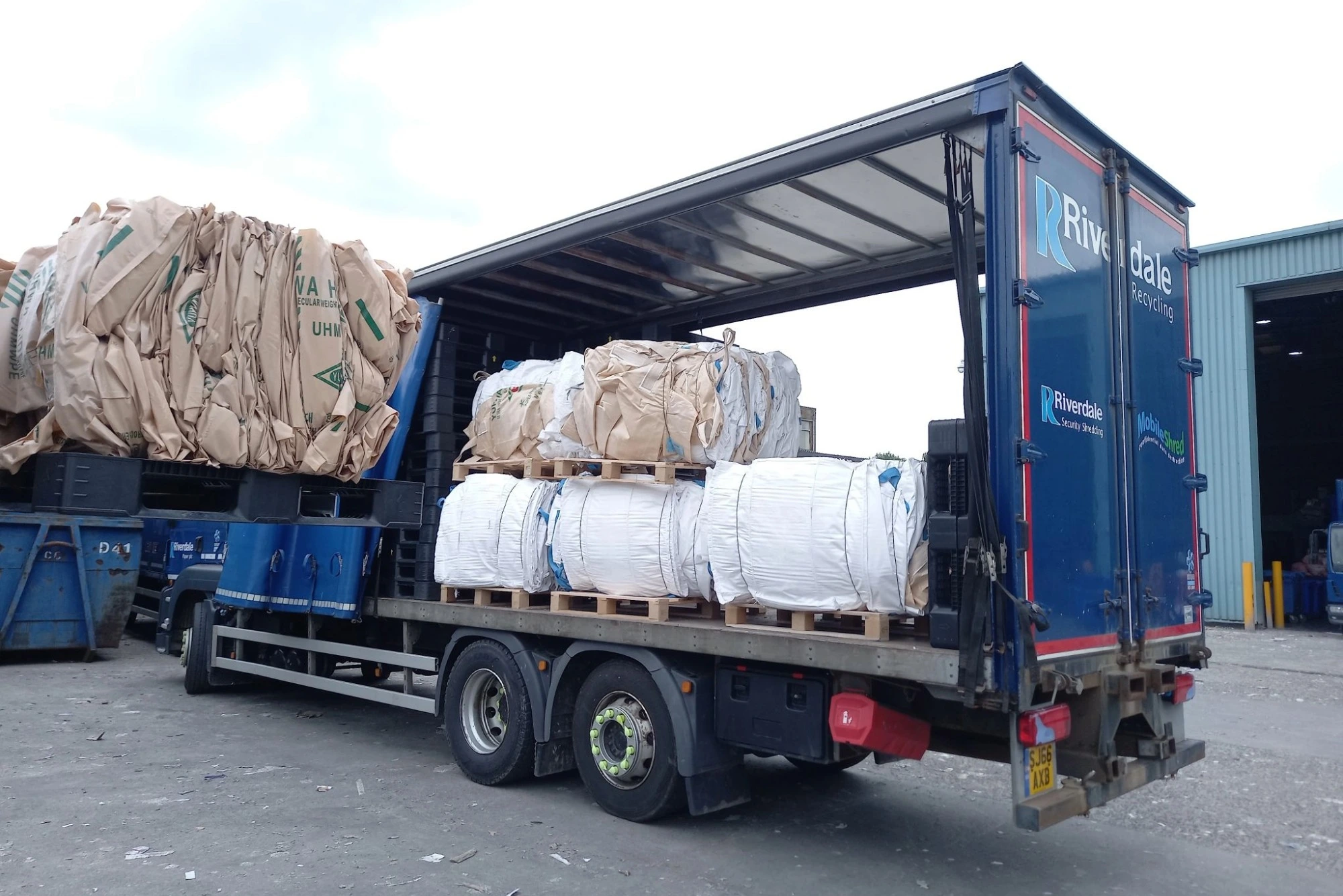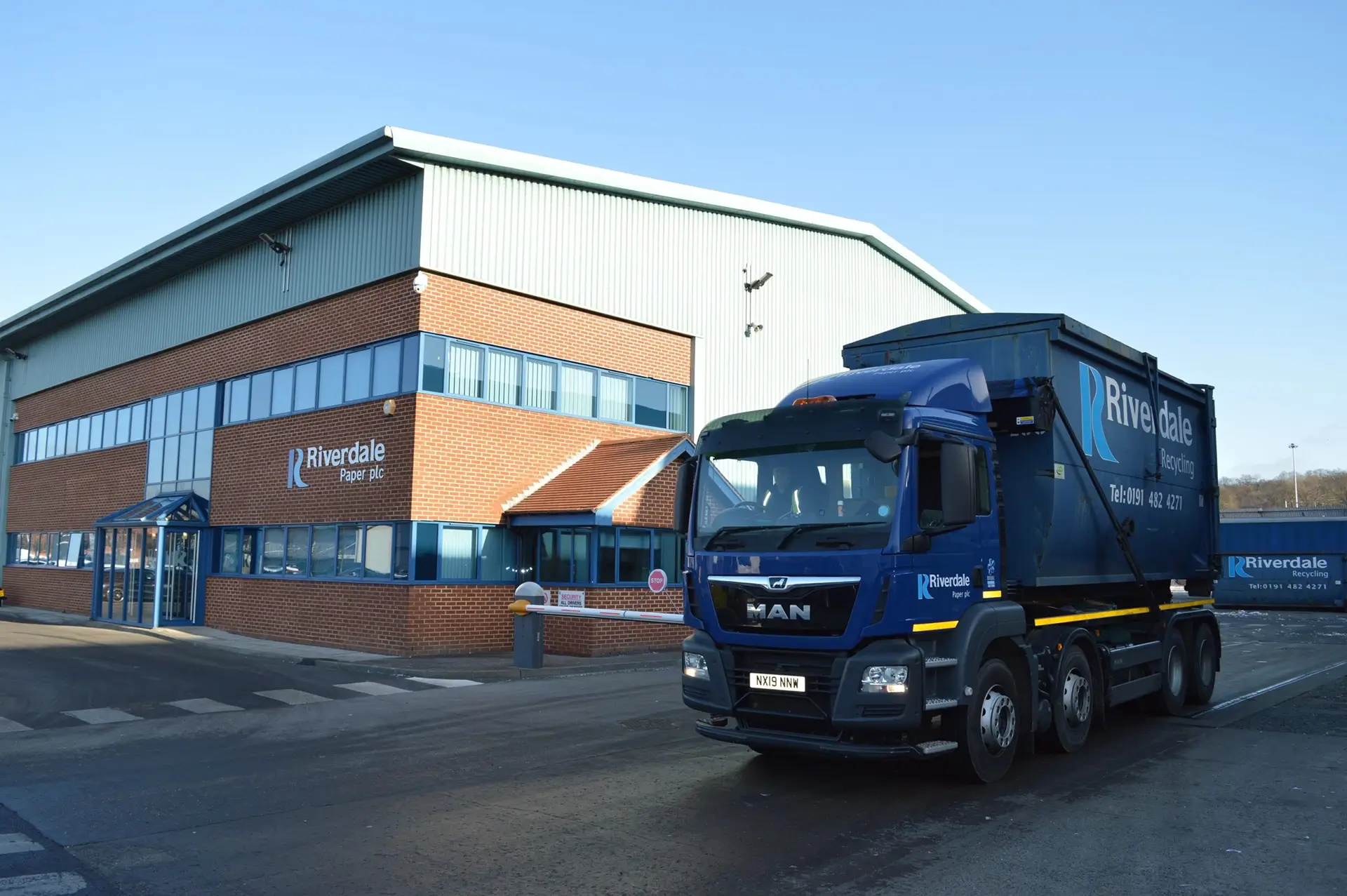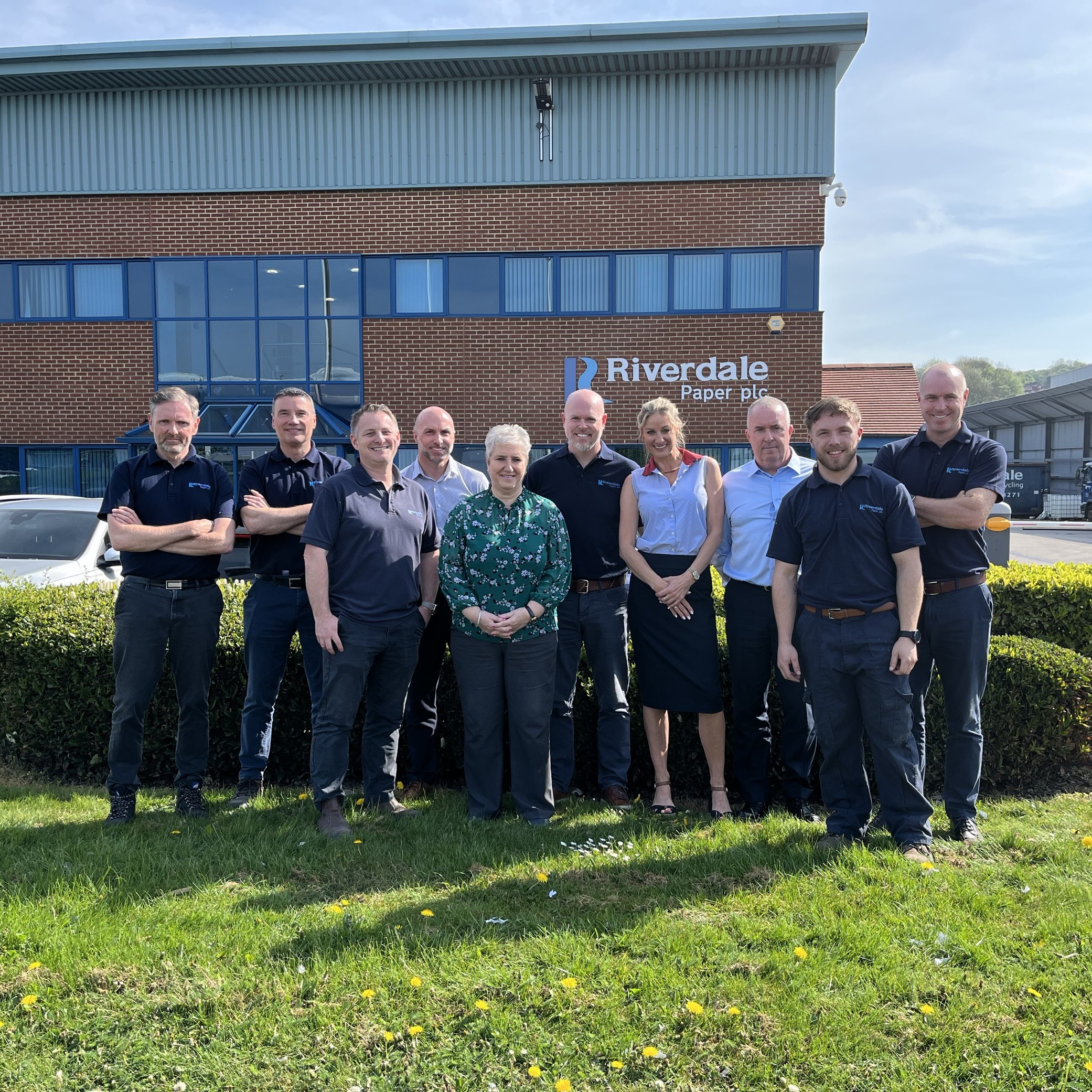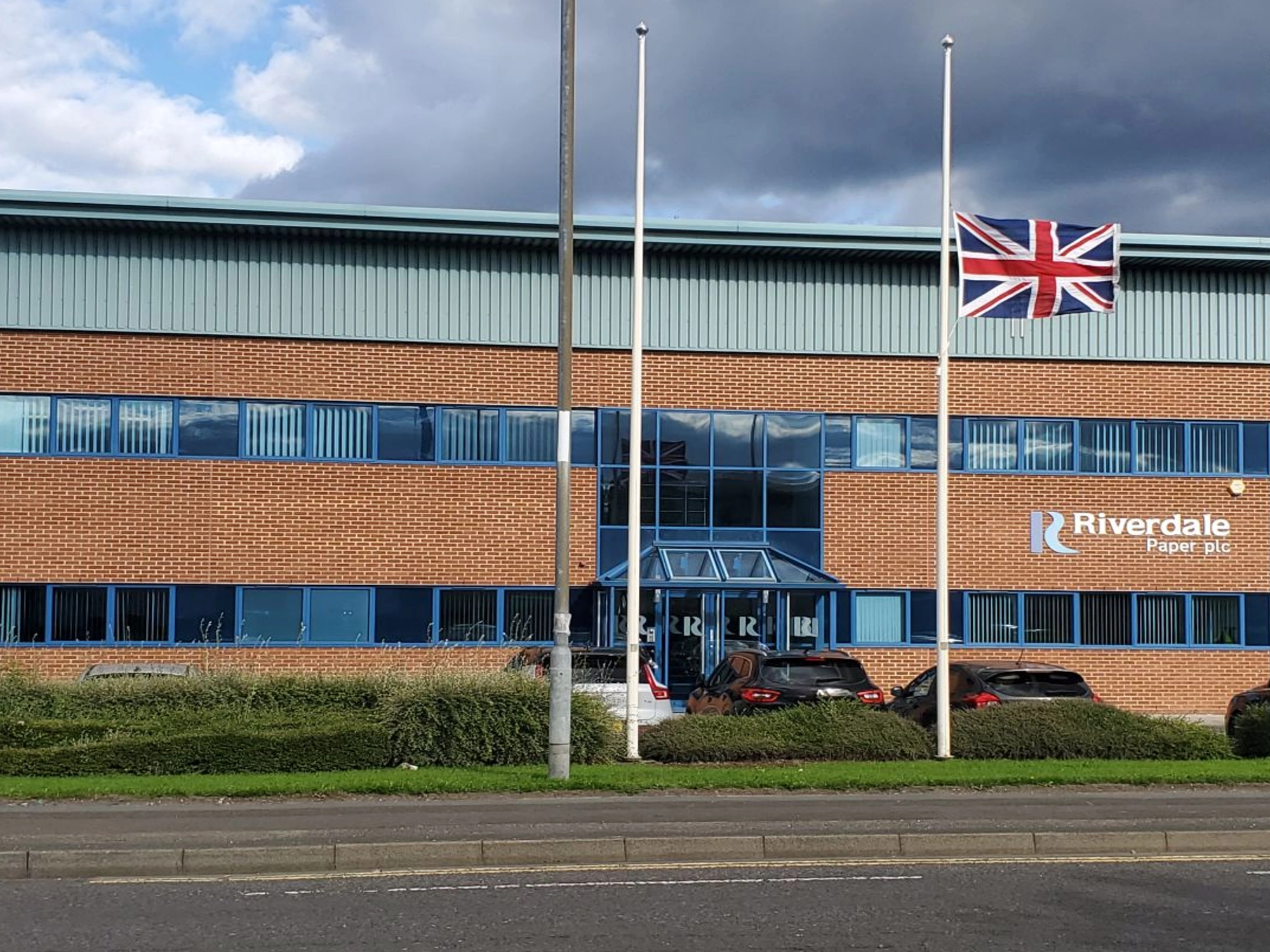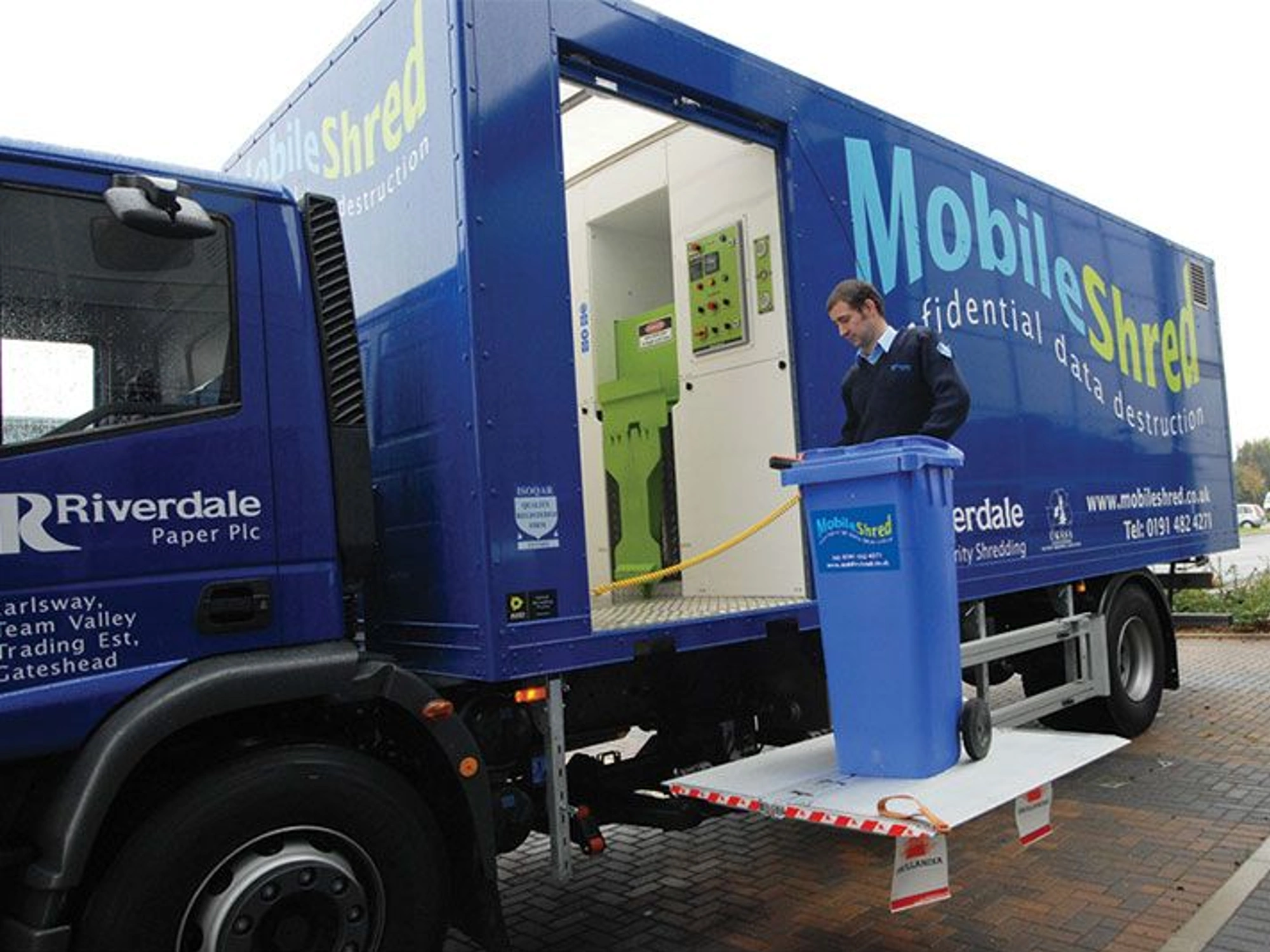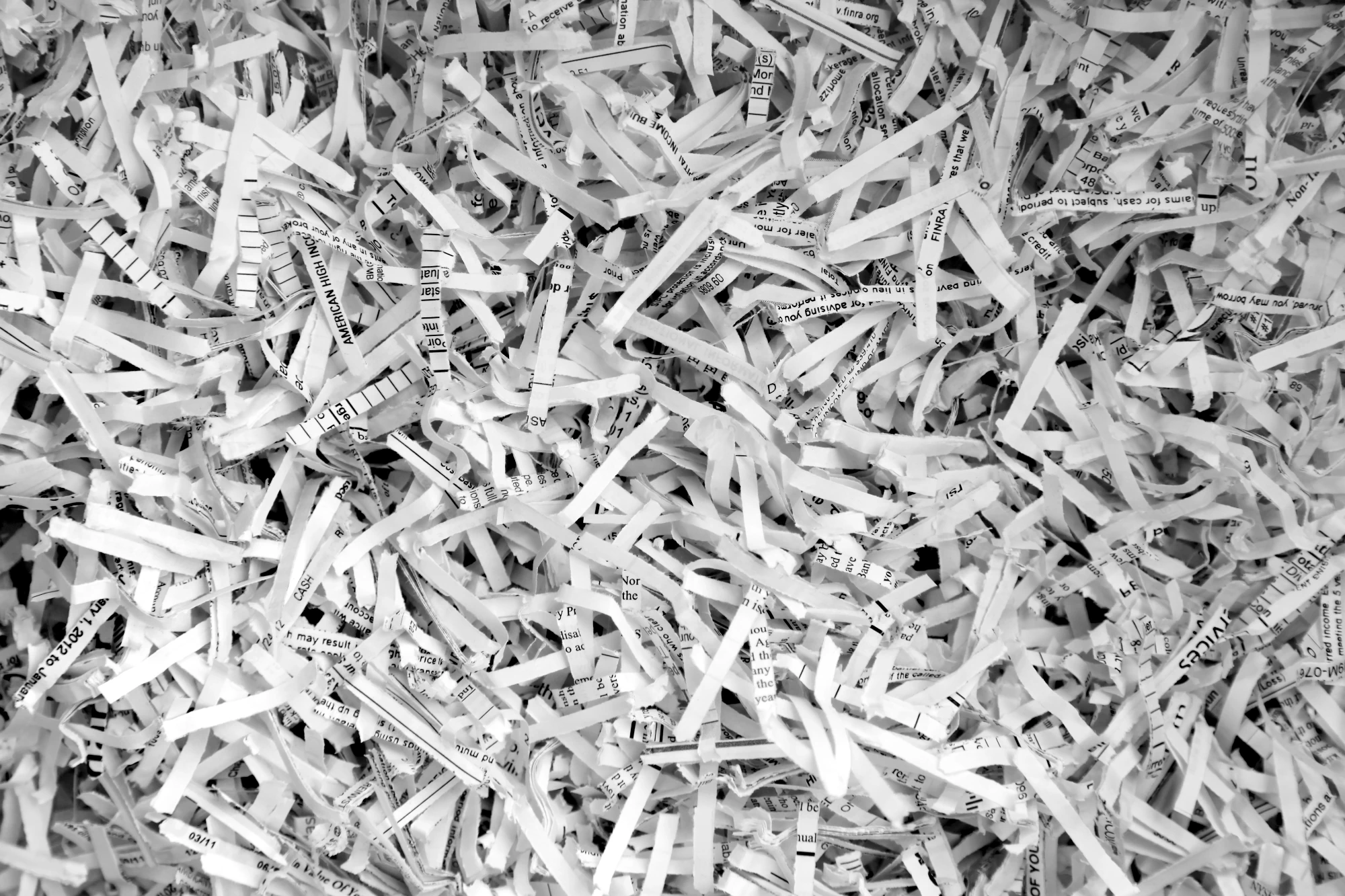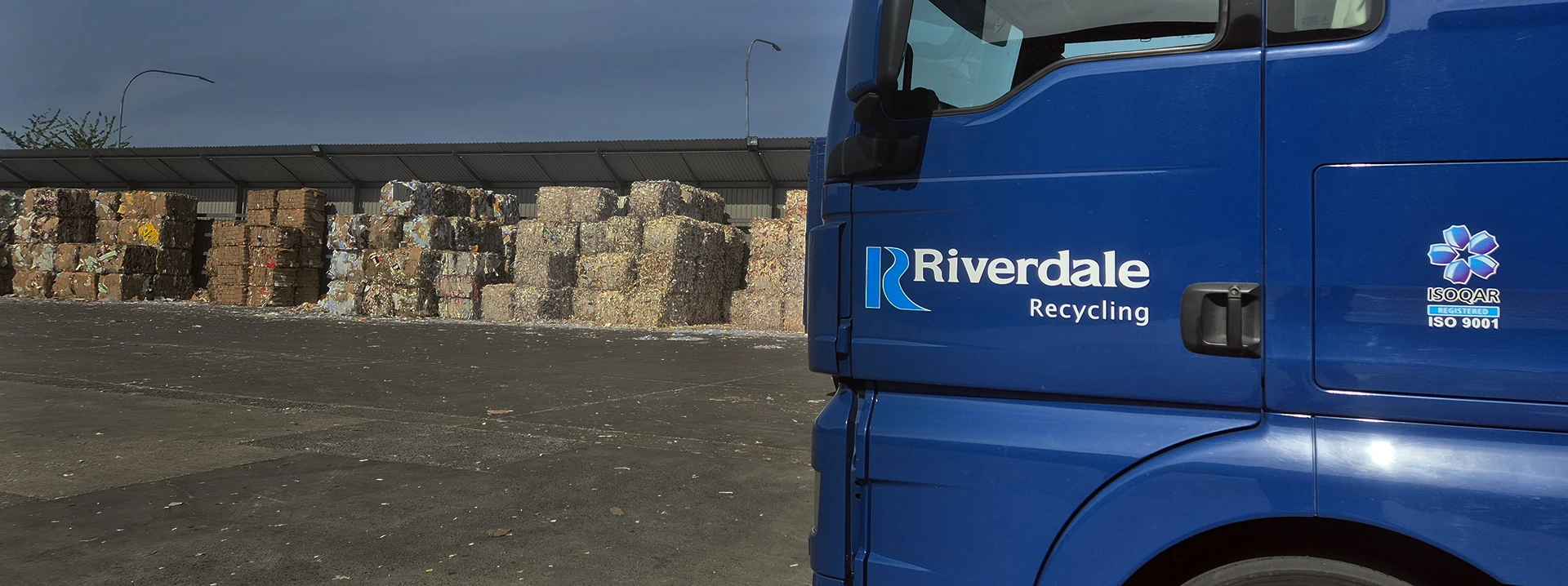Paper
Plastics 17 Jul 2025
The dos and don’ts of plastic waste recycling for businesses
Discover our key dos and don’ts when it comes to effective plastic waste recycling for businesses, and how we can provide support.
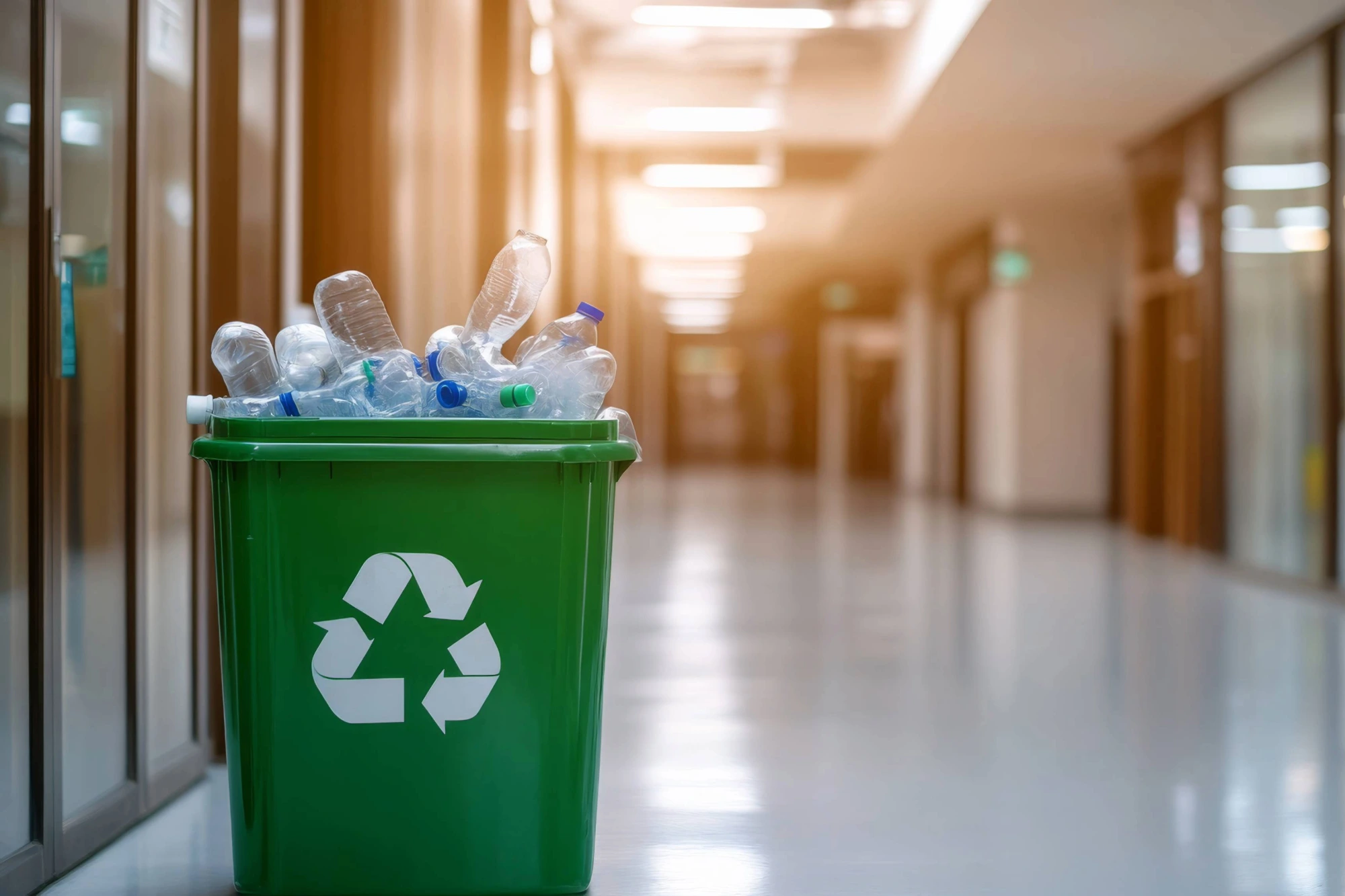
For UK businesses, effective waste management, particularly plastic recycling, plays a crucial role in achieving environmental goals, ensuring legal compliance and bolstering a positive brand image. Yet, plastic recycling can often feel like a maze of regulations and best practices.
The UK generates more than two million metric tons of plastic waste annually, and a substantial portion originates from businesses. While many plastics are recyclable, improper disposal leads to valuable resources ending up in landfill, contributing to greenhouse gas emissions and environmental pollution.
There are compelling reasons why your business should prioritise proper plastic recycling, including:
- Non-compliance can result in hefty fines. The Environmental Protection Act 1990 dictates how waste must be handled, stored and disposed of.
- 78% of UK consumers favour businesses that demonstrate genuine commitment to sustainability.
- Recycling plastics reduces the need for virgin material production, conserving natural resources and energy.
The dos of effective plastic waste recycling
Implementing a successful plastic waste recycling programme requires a systematic approach. Here’s what your business should be doing:
1. Separate plastics by type where possible
While our sites separate and sort mixed plastics, it is useful to know what type of plastics can be recycled by your provider, and whether they need to be sorted prior to collection. At Riverdale Recycling, we meticulously sort and process a wide array of plastic waste at our modern facilities, including single-source polymer plastics, rigid HDPE, poly film (98/02 and 90/10), rigid PET and compressed polystyrene/EPS.
2. Rinse out plastic containers
Food and liquid residues are major contaminants. A quick rinse of plastic bottles, tubs, and trays ensures they are clean enough for recycling. This prevents odours, pest attraction and contamination of other materials in the recycling stream.
3. Use clearly labelled bins
Invest in bins that are clearly labelled with both text and images indicating what plastics can and cannot be placed inside. Consider colour-coding for consistency across your premises. Place these bins in easily accessible, high-traffic areas where plastic waste is generated.
4. Educate your staff regularly
Conduct regular training sessions for all employees on your recycling policies and procedures. Explain why proper recycling matters and how to do it correctly. Provide visual aids and reminders near recycling bins. Employee engagement is vital for maximising recycling initiatives within your business.
5. Work with a licenced recycling provider
Ensure your waste management partner holds all the necessary licences, such as waste carrier licences issued by the Environment Agency (EA). This guarantees your waste is handled legally and responsibly. At Riverdale, we are proud to be registered as an upper tier waste carrier, broker and dealer under regulation 28 of The Waste (England and Wales) Regulations 2011.
6. Consider a waste audit
Periodically review your waste streams to identify which types of plastic waste your business generates most, where it’s coming from and where improvements can be made in segregation. We offer a thorough site audit to assess your business’s waste. Our team will visit your premises to identify and categorise all waste types, evaluate current handling procedures and pinpoint recycling and resource recovery opportunities. We’ll then provide recommendations including container selection and collection schedules, all aimed at maximising recycling and minimising landfill waste.
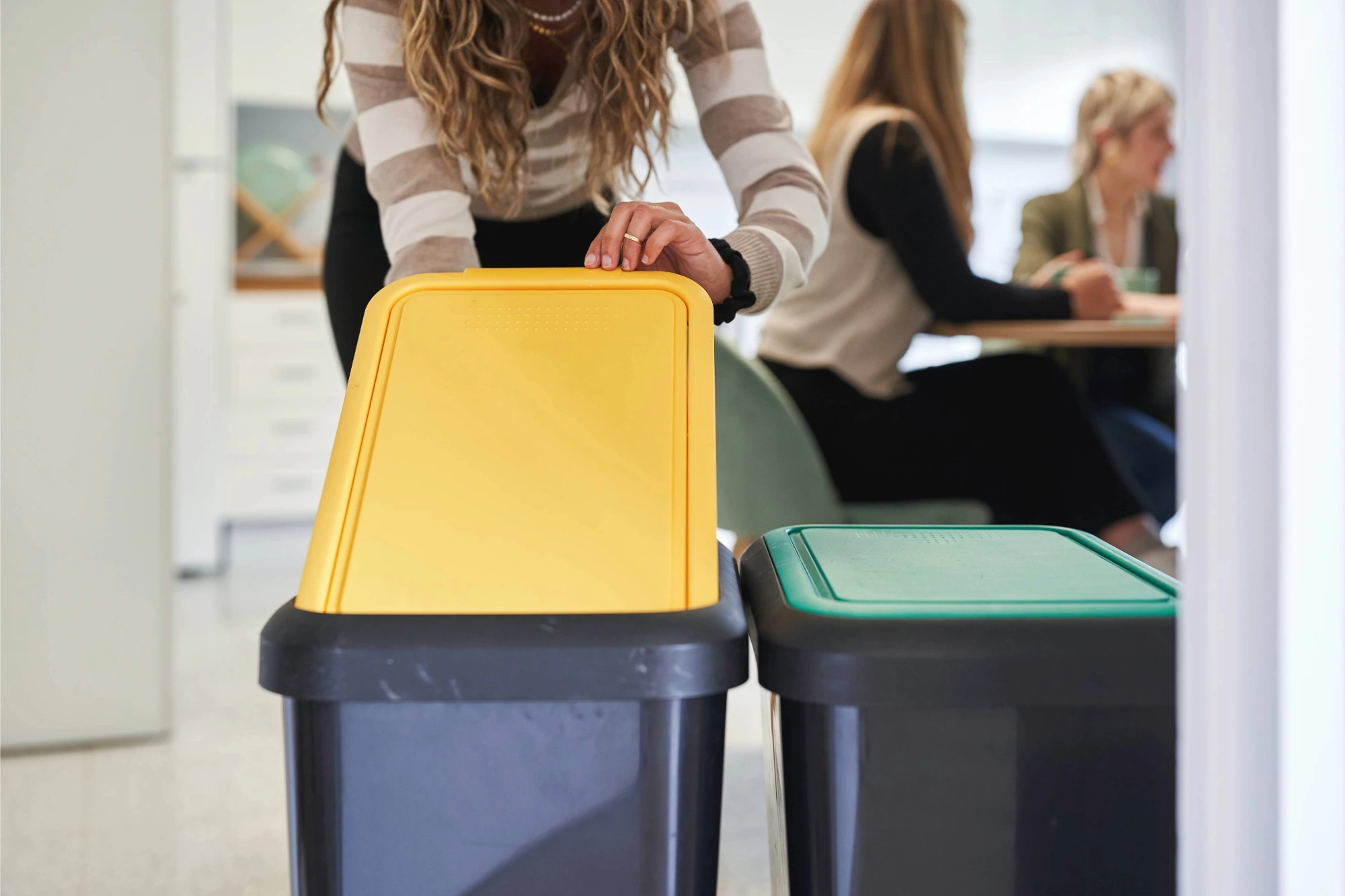
Recycling plastic correctly
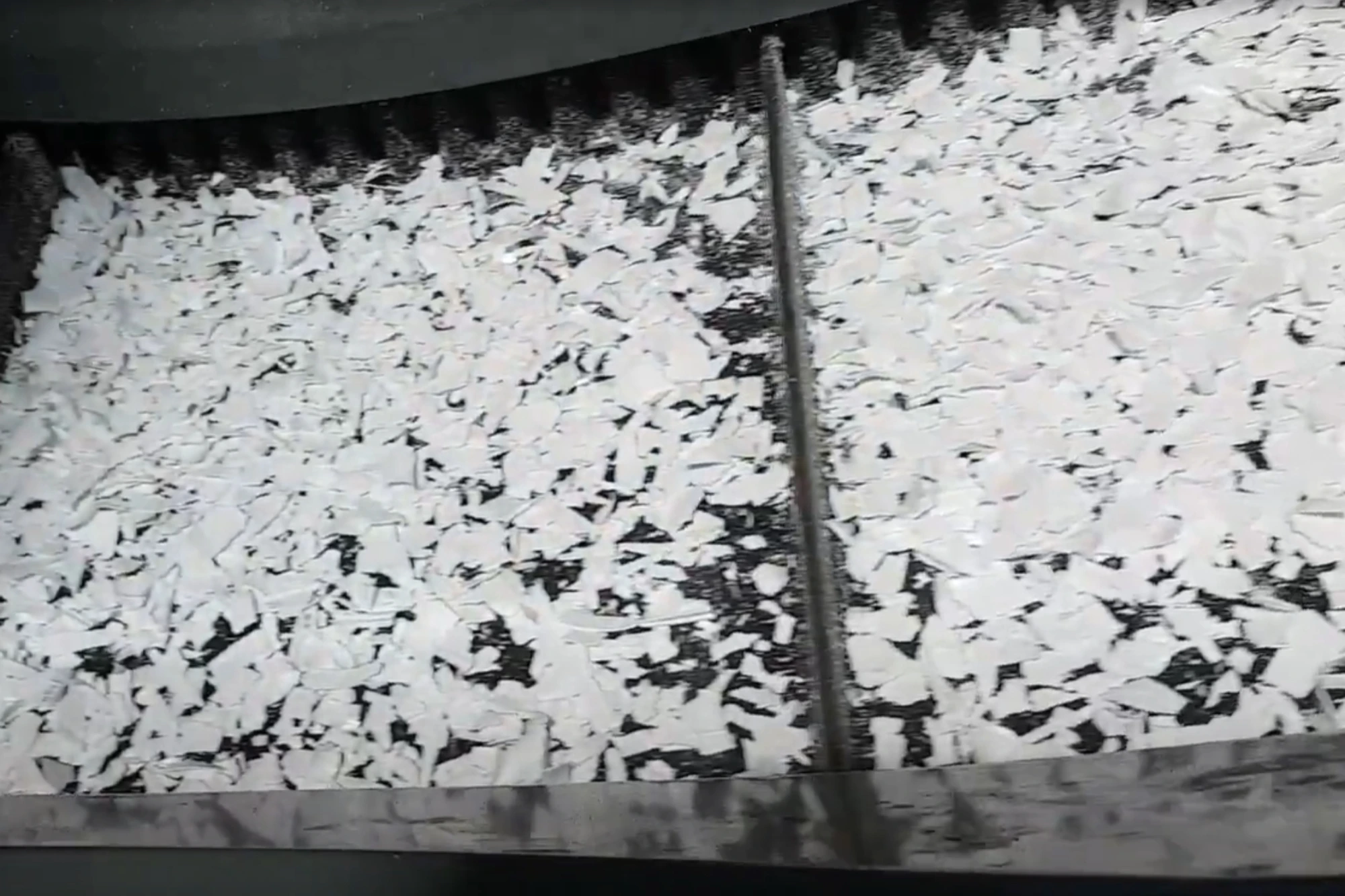
Recycled plastic flakes
The don’ts of plastic waste recycling
Even with good intentions, common mistakes can undermine your recycling efforts. Here’s what your business should not be doing:
1. Don’t mix non-recyclables
Items like crisp packets (often multi-layered plastic), plastic film (unless specified by your provider), polystyrene foam or certain plastic toys should not go into standard plastic recycling bins. These materials can jam machinery or degrade the quality of the recycled plastic.
2. Don’t bag recyclables in black bags
Place items loosely in the bin. Black plastic bags and other non-recyclable plastics contaminate the recycling stream, making it more difficult and costly to recycle other materials.
3. Don’t assume all plastics are recyclable
The ‘chasing arrows’ symbol with a number (Resin Identification Code) indicates the type of plastic. Even if a plastic item has a RIC code, it doesn’t automatically mean your local council or waste management provider will accept it. RIC 7 plastics, bioplastics, cling film and blister packs are often not recyclable in standard UK systems.
4. Don’t compromise on data security for shredded plastics
If you’re recycling plastic that contains sensitive information (e.g., plastic ID cards, old hard drives, or secure documents laminated in plastic), ensure your recycling provider offers secure shredding services compliant with GDPR regulations. At Riverdale, we are proud founding members of UKSSA and offer compliant and reliable shredding and e-waste solutions for multiple sectors.
How we can support your business
We are committed to simplifying plastic waste recycling and helping businesses achieve their sustainability goals.
By encouraging and advising on effective waste segregation at source, we collect and then process materials by either baling or granulation, presenting plastics in a format allowing transformation into new plastic products downstream, maximising resource recovery and reducing environmental impact. We work closely with clients across multiple sectors, from healthcare and pharmaceuticals to industrial and retail, helping them navigate the complexities of plastic recycling and ensure their efforts contribute positively to both their business and the planet.
We can help with:
- Supplying bespoke containers suitable for waste storage
- Scheduled collections
- Audits to streamline your on-site waste management
- Secure shredding of confidential materials
We don’t just support businesses with plastic waste recycling; we can also help with dedicated paper recycling and general waste management.
Contact Riverdale Recycling today for a consultation and take the next step towards more effective and sustainable recycling for your business.
More from our blog
Serving UK businesses for over 40 years
We have built a legacy of expert waste management, driving innovation in sustainable recycling solutions.
Operating a Zero Waste to Landfill policy
We strive to eliminate landfill reliance through meticulous sorting, processing and innovative waste-to-energy services.
North East based, delivering nationwide services
We're a North East company with a national footprint, supporting businesses across the UK.
Expert knowledge with a personalised service
We tailor our waste management solutions to meet your unique business needs, offering ongoing support.
